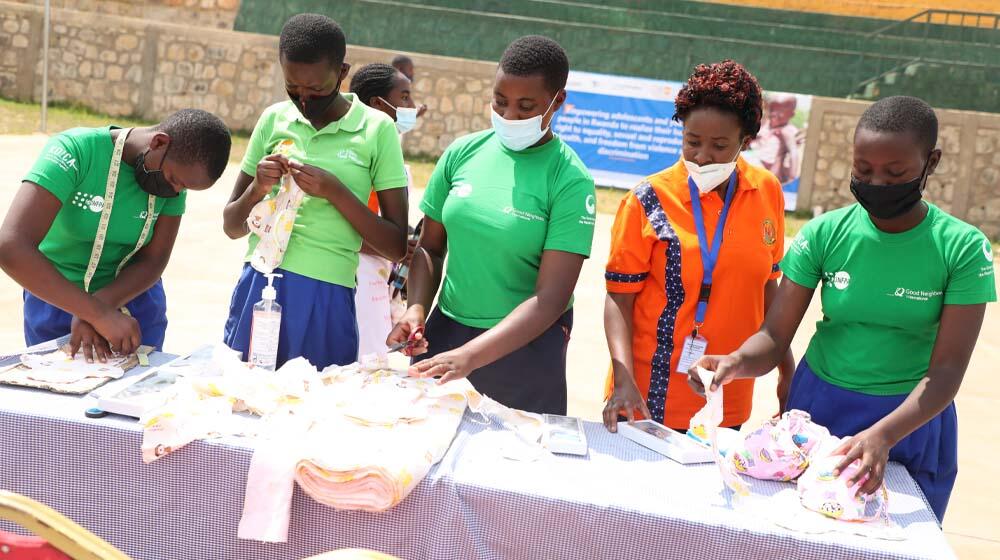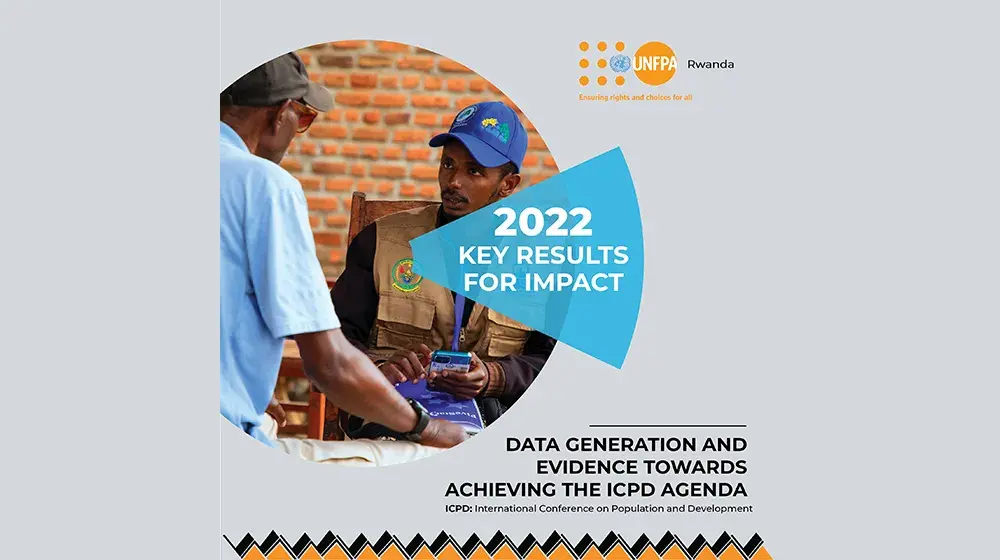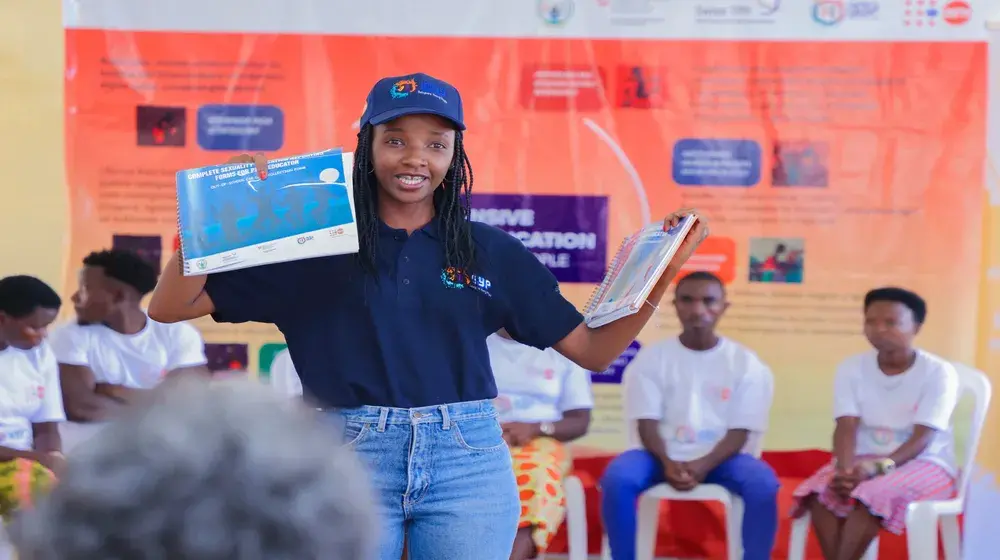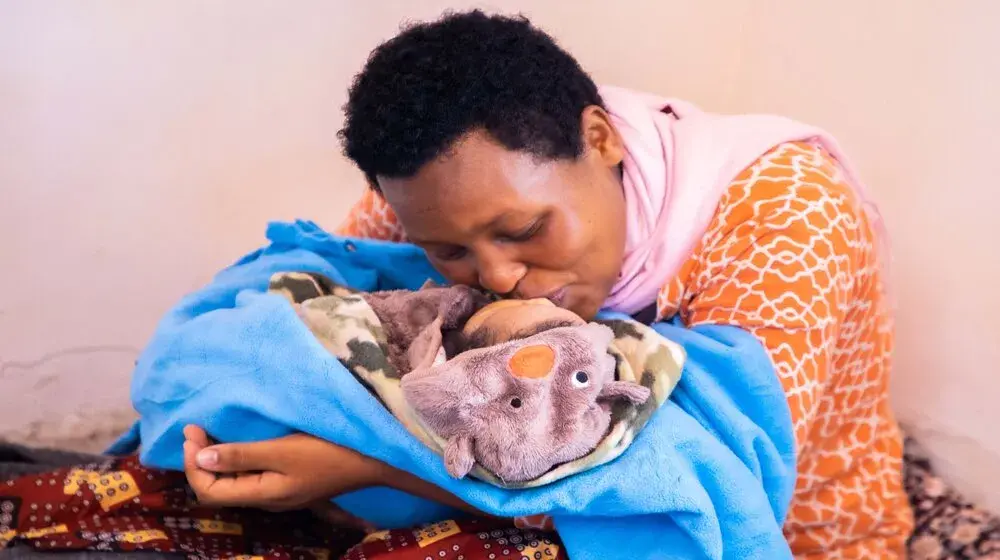Over the past decade, evidence has accrued worldwide about the many barriers girls face to safe, hygienic, and dignified menstruation.
Challenges include limited or no information prior to the onset of menstruation; inadequate health education on menstruation and puberty; lack of social support from teachers and peers to manage menstruation in school and from families; and insufficient access to water, sanitation, hygiene materials, and disposal facilities.
In addition, the taboo and stigma around menstruation, beyond the negative psychological impact on the girl, affect gender equality and the aspirations and the social, health, and economic development of the girls and of the country as a whole.
UNFPA works to improve education and information about menstruation and related human rights concerns. Through its youth programs and comprehensive sexuality education efforts, UNFPA helps both boys and girls understand that menstruation is healthy and normal.
UNFPA supports national health systems, which can promote menstrual health and provide treatment to girls and women suffering from menstrual disorders. This includes promoting adolescent- and youth-friendly health services, which can help girls and young women better understand and care for their bodies.
UNFPA also reaches women and girls directly with menstrual supplies and safe sanitation facilities and promotes menstrual health information and skills-building.
This short video produced by HDI in partnership with UNFPA Rwanda is showcasing interviews with different stakeholders (young girls, social enterprises, and business owners) discussing the accessibility and affordability of menstrual products in Rwanda.
The video was produced in the context of the International Day of the Girl Child celebrated on the 11th of October 2022 under the theme “My Health, My Dignity”.





